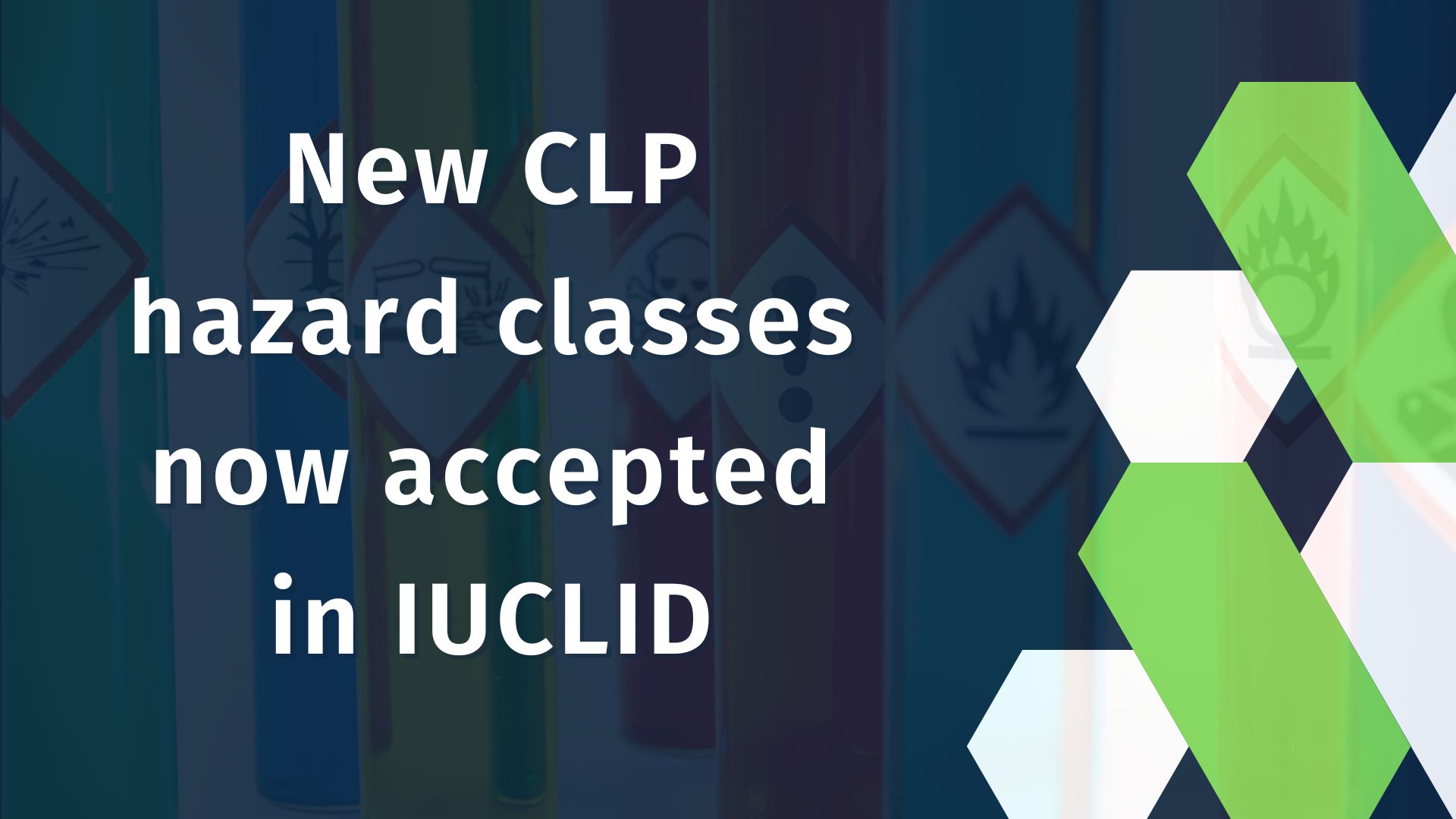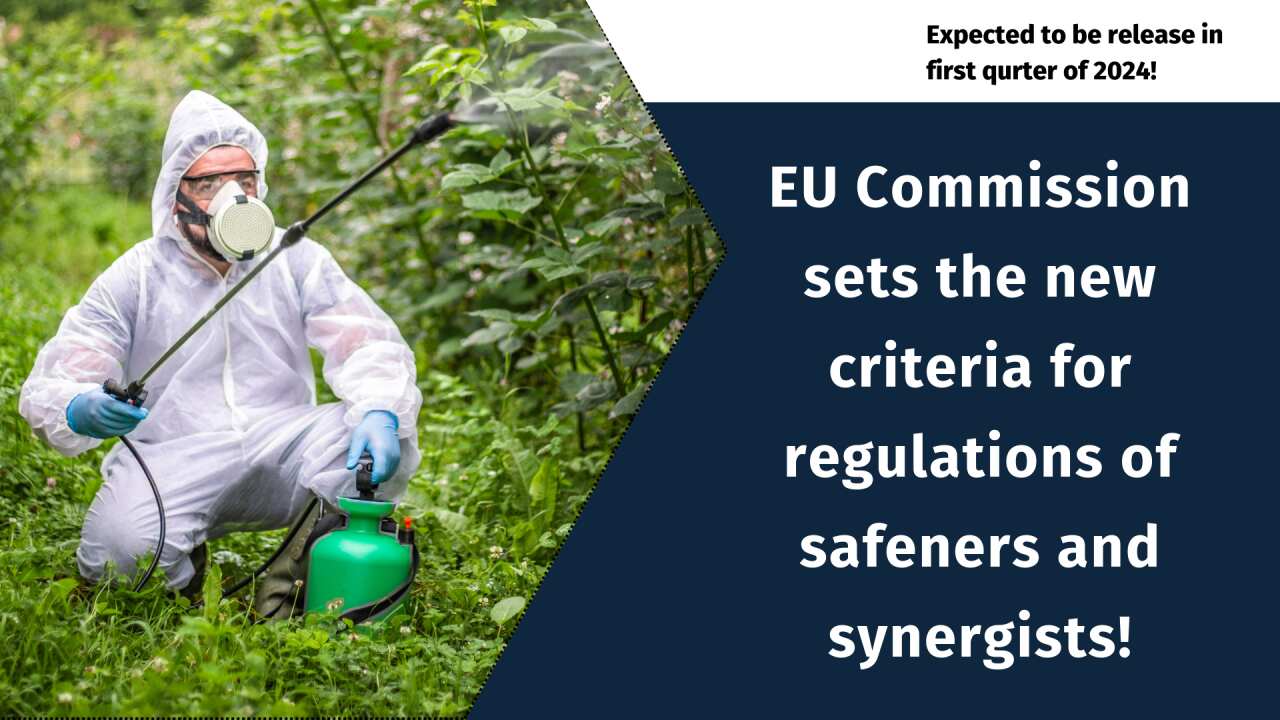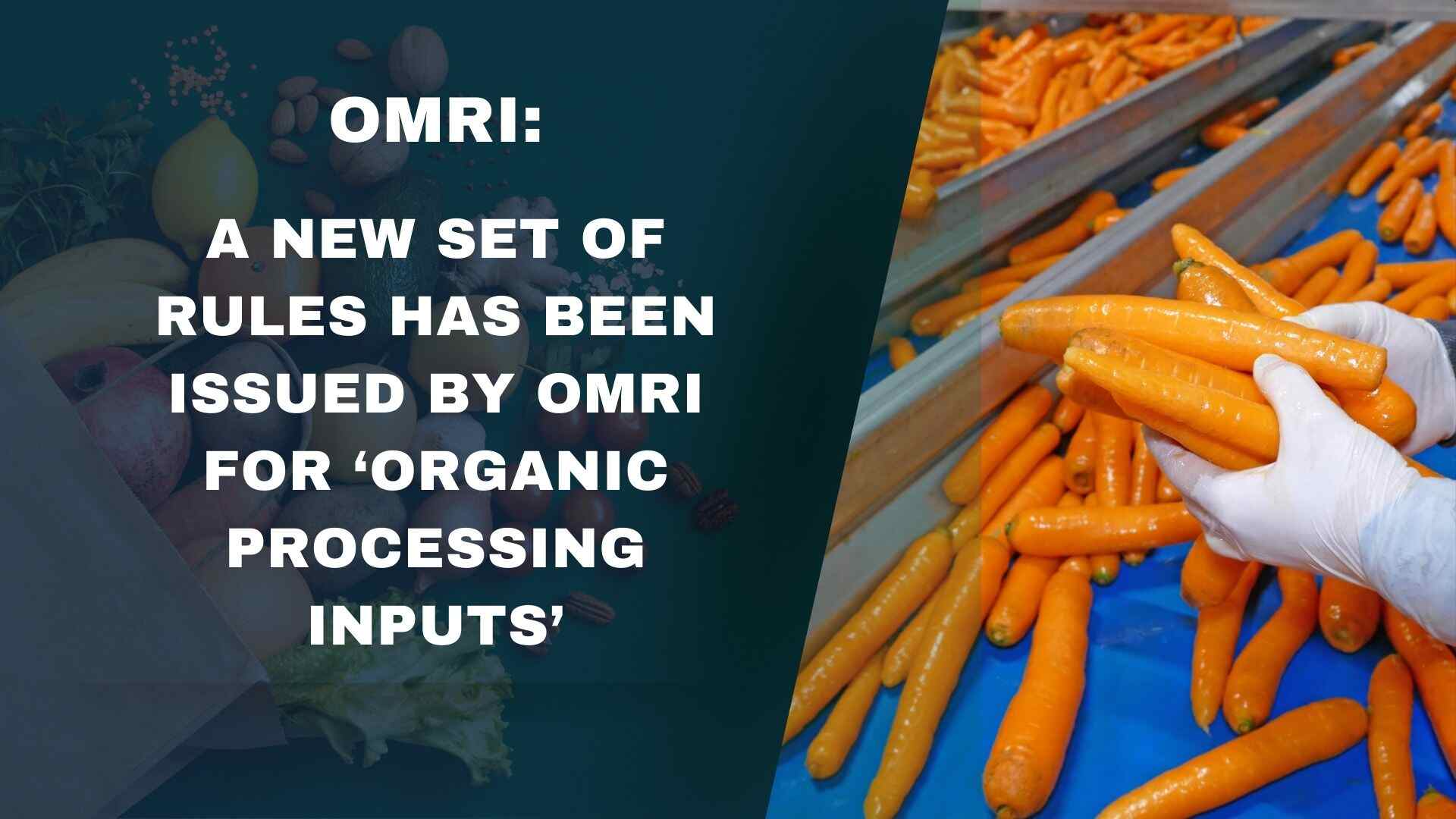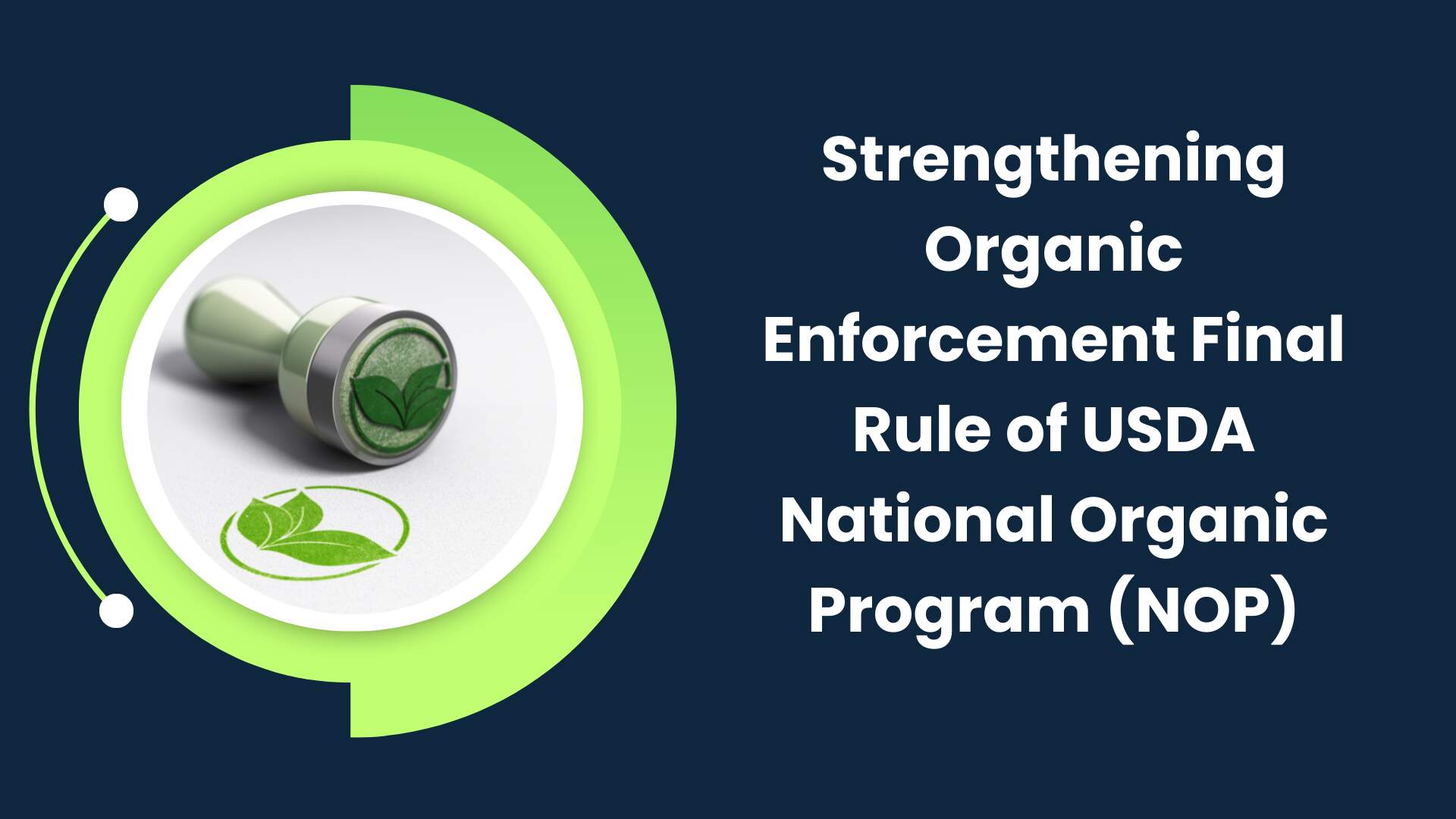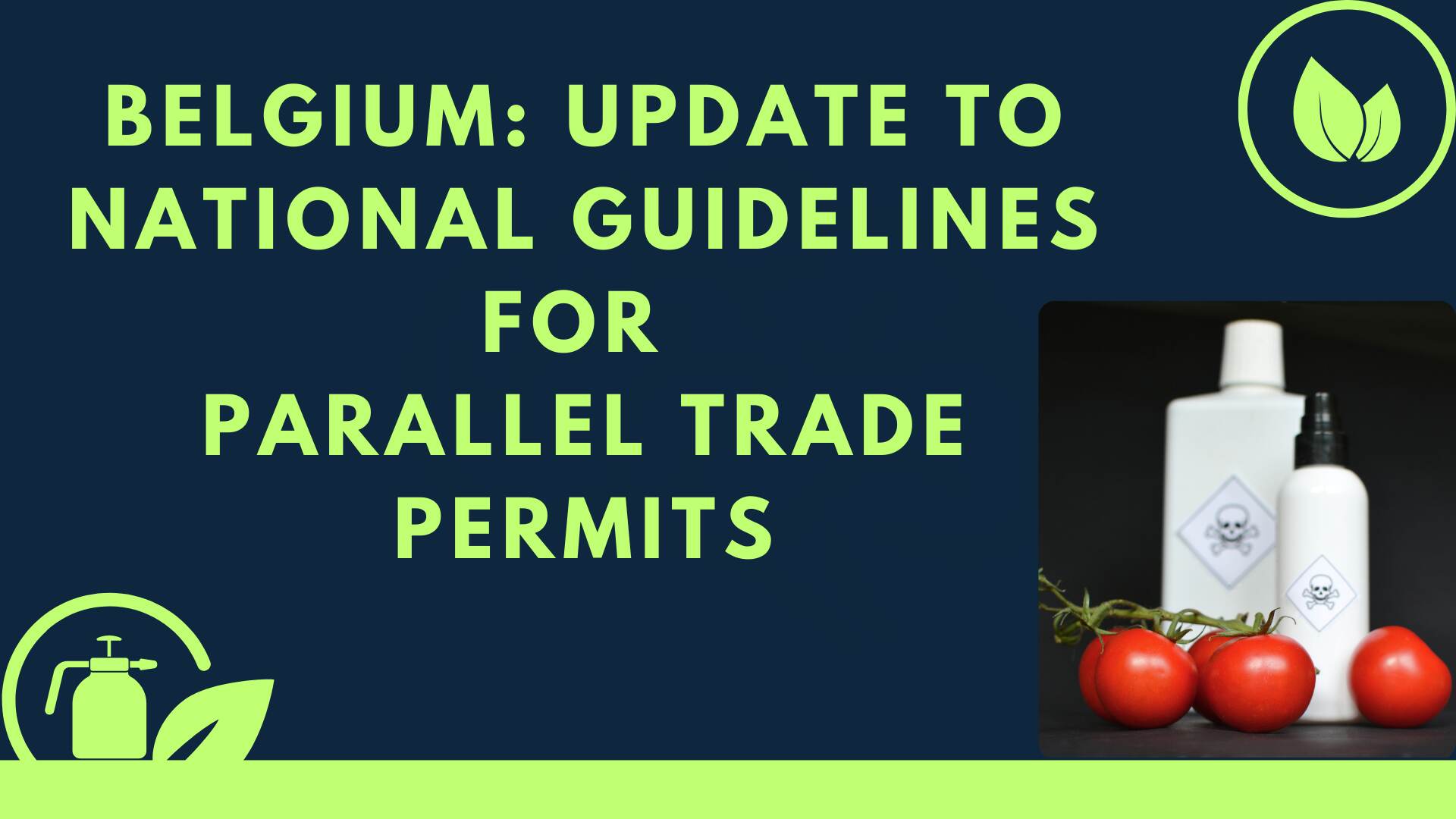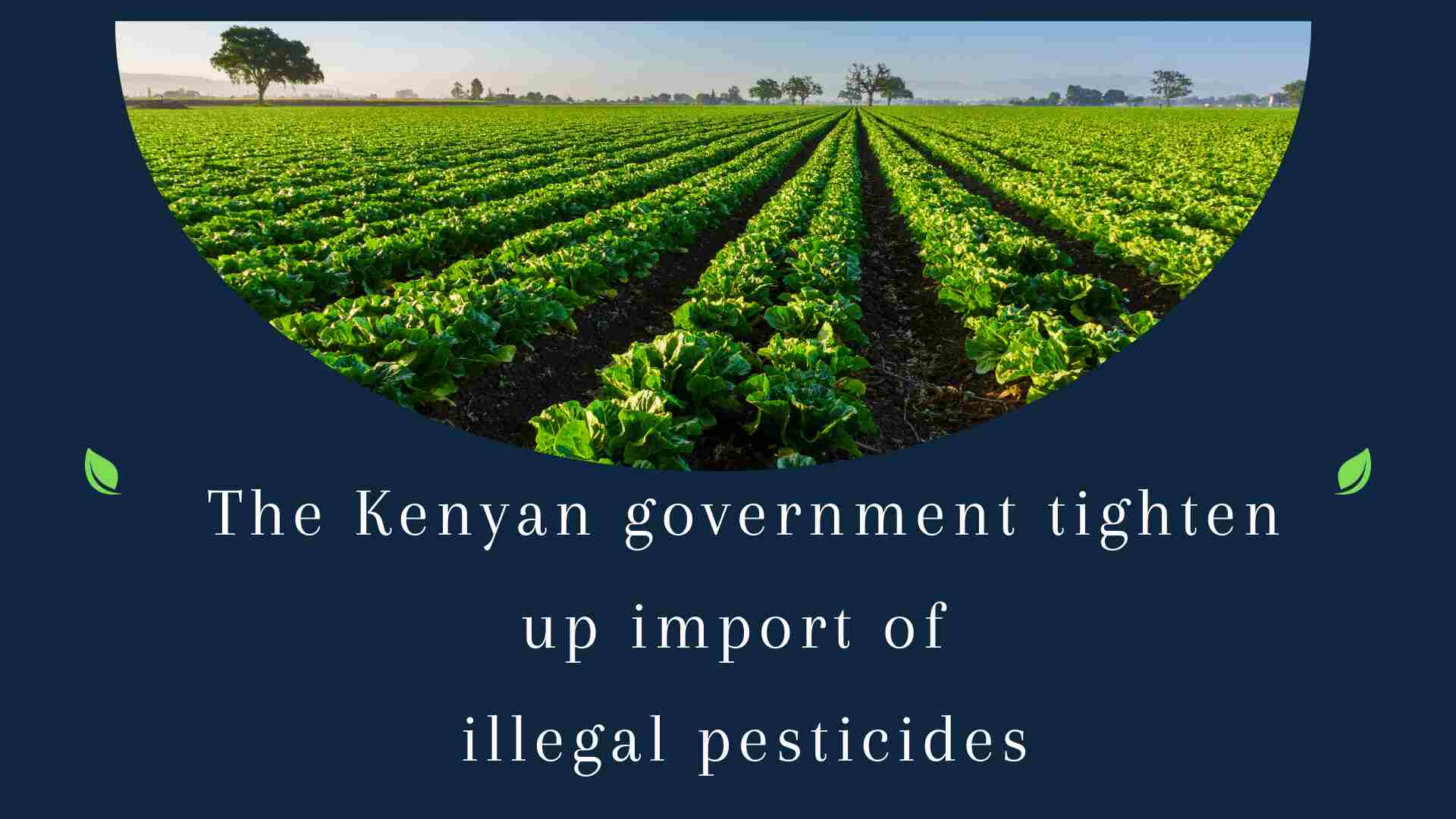The Classification, Labelling, and Packaging (CLP) Regulation was recently modified and amended, allowing companies to start adding information on new hazard classes to their IUCLID dossiers. Specifically, IUCLID software will recognize the following new classifications for substances and mixtures will get effective from the date ‘April 29, 2024’: Endocrine disruptors (ED) affecting human health or […]
After a lengthy wait, the European Union (EU) is poised to adopt a new regulation governing the approval of safeners and synergists (crucial ingredients in many pesticides) used in plant protection products. This long-awaited regulation, expected to be released in the ‘first quarter of 2024’. Safeners and synergists are often combined with pesticides to: Protect […]
The Health and Safety Executive or HSE announced updated regulation for data requirements on biocidal products. These changes, laid out in the Biocidal Products. ‘Regulations 2024’ will come into effect on ‘April 6, 2024’, subject to parliamentary approval. The new regulations update ‘Annexes II and III’ of the GB Biocidal Products Regulation (BPR). These annexes […]
Businesses dealing with chemicals in the European Union now have an upgraded form of powerful tool at their disposal. This free resource, compiled by the European Chemicals Agency (ECHA), brings together information from over 50 pieces of legislation into one easily searchable database. It includes a wide range of legislation from pesticides, water standards, industrial […]
Stricter guidelines have been put in place by the Organic Materials Review Institute (OMRI) for the evaluation and labelling of agricultural components and processing aids used in organic products. The goal of OMRI’s new rules for organic processing Inputs is to make the organic supply chain more resilient. Better compliance with the USDA’s National Organic […]
This notice informs Australia’s organic industry about the recent implementation of the United States Department of Agriculture (USDA) National Organic Program (NOP) Strengthening Organic Enforcement (SOE) Final Rule. The SOE Final Rule takes effect on March 19, 2024. Major recognition to – USDA NOP’s new rules rule applies to the production, movement, and trade of organic […]
The national rules pertaining to Belgium parallel trade permit guidelines update to offer clarification on recent modifications to policy. These changes impact various aspects of the application and import process. Evaluation of the application The document now outlines the specific criteria used to assess applications for new Belgium parallel trade permit guidelines update and summarized […]
What is the PRIO tool? The PRIO tool is one of the most popular sites on the Chemicals Inspectorate’s website, and it serves an important part in the agency’s aim to reduce the risk of harm to people and the environment from hazardous chemicals. PRIO uses particular criteria to determine if a material is hazardous […]
The Kenya Pest Control Products Board (PCPB) has issued a strong warning to local agents and registrants about pest control product imports. The circular, headlined “IMPORTATION OF PEST CONTROL PRODUCTS,” expresses about unregistered formulation sites and encourages rigorous compliance with laws. The PCPB is concerned that some agents and registrants are sourcing pest control products […]
The ‘European Chemicals Agency (ECHA)’ has released a new version of IUCLID i.e. v7.12.4, the International Uniform Chemical Information Database, bringing improvements to submissions for biocidal products and streamlining data management across various regulations. ‘Danish Environmental Protection Agency’ also mentions manufacturers of biocidal products in the European Union take note! Starting February 12, 2024, all […]

